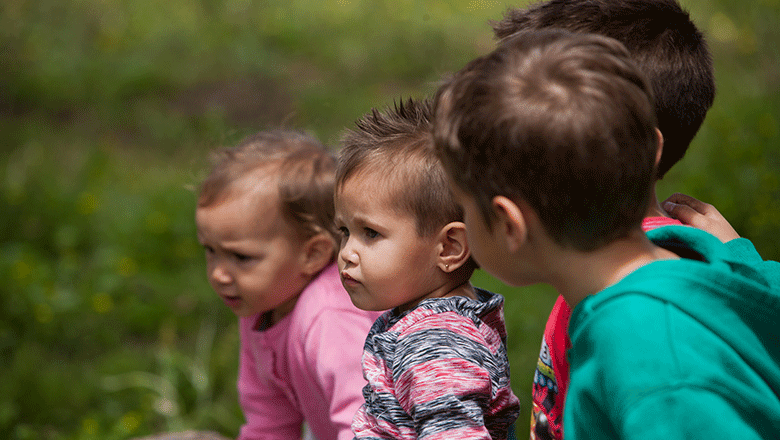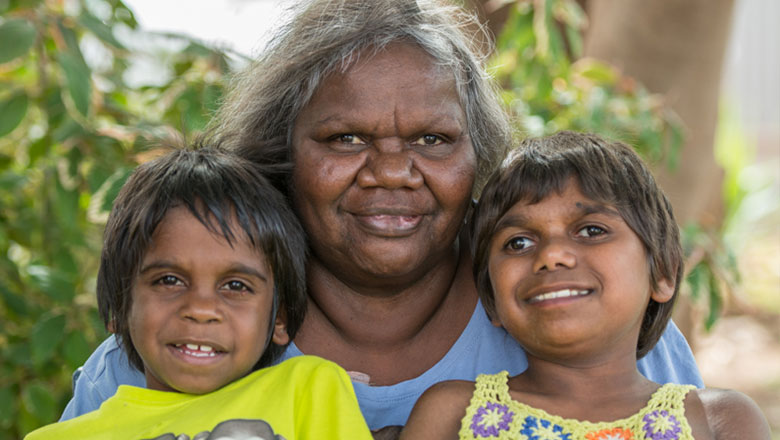Search

Acknowledging the enormous efforts in ear health programs across WA, we invite stakeholders to assist us in establishing research priorities.
The Kids Research Institute Australia have shown that genetic variations that influence BMI and diabetes are similar to those in non-Aboriginal populations.

The Kids researchers discovered that overcrowding is the strongest predictor of carriage of bacteria that cause otitis media

Following our highly successful Open Space Forums in 2014, The Kids warmly invites you to our next forum on Aboriginal Health.
The Kids Research Institute Australia Founding Director Professor Fiona Stanley will help launch a series of children's books on Monday, written by local Aboriginal people

Associate Professor Roz Walker has been involved in research, evaluation and education with Aboriginal communities building local capacity for 30 years.
Prime Ministers of Australia and New Zealand have agreed to provide $3M to help fast-track the development of a vaccine against rheumatic fever.
Earlier this year we launched our Strategic Plan - Working Together 2013-2017. That statement has been developed into the Commitment to Aboriginal Children.

The world's largest study of gastroenteritis trends in children has shown the disparity between Aboriginal and non-Aboriginal health may be improving.
New research from The Kids for Child Health Research shows that the pneumococcal vaccine program has contributed to closing of the gap
